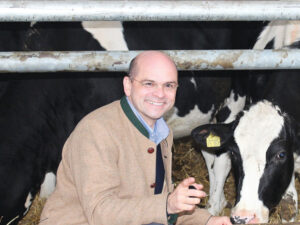
The European Commission’s health and safety unit, DG Sante, has recently published audit reports assessing the controls of milk and dairy products in Bosnia and Herzegovina and Greece, uncovering several critical issues.
One major finding was the suspension of certification for an establishment wh ere non-compliant milk was routinely processed into dairy products for EU export. This action followed the discovery of recurring issues during three consecutive audits, none of which had been properly enforced by local authorities.
In Greece, a March 2023 audit by DG Sante resulted in 10 recommendations, despite the presence of an adequate framework for official controls. The audit revealed weaknesses related to staff training, coordination between authorities, and enforcement actions following non-compliance. Notably, some dairy establishments were approved for activities they did not perform, and significant changes in operations were often unreported or delayed.
Additionally, the Hellenic Food Authority (EFET) identified several non-compliances in a newly approved establishment that ultimately led to its closure following administrative and criminal proceedings. The audit stressed concerns over lengthy periods between the approval of establishments and the first official control, which could delay the detection of inadequate practices.
Further issues included ineffective controls that failed to identify hygiene shortcomings and prevent minor recurring problems. From 2019 to 2021, EFET analyzed 224 dairy samples, with two findings of non-compliance involving pathogens in cheese, which led to delayed communications and insufficient measures to address the root causes of contamination.
These audits shed light on the systemic challenges within the dairy control systems of Bosnia and Herzegovina and Greece, emphasizing the need for significant improvements to meet EU standards and ensure food safety.







